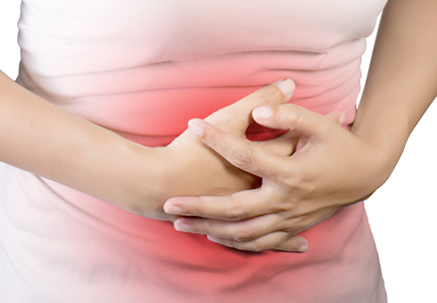What are the causes of diarrhea?
There are many causes including infections (viral, parasitic or bacterial).

Diarrhea is the passage of many loose, watery or unformed bowel movements. This is a symptom, not a disease. Simple diarrhea is common among all age groups.
There are many causes including infections (viral, parasitic or bacterial).
Spontaneous recovery in 24 to 48 hours.
Dehydration if diarrhea is prolonged, especially in infants.
GENERAL MEASURES
MEDICATION
ACTIVITY